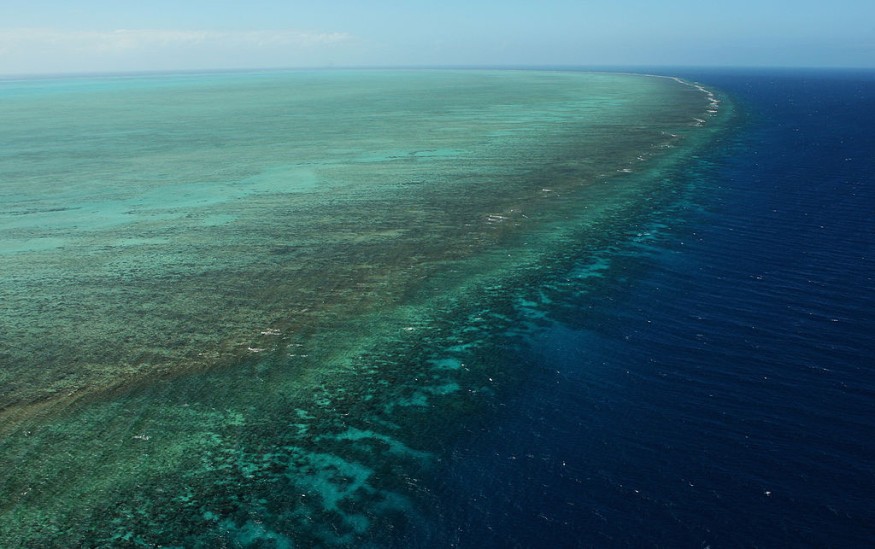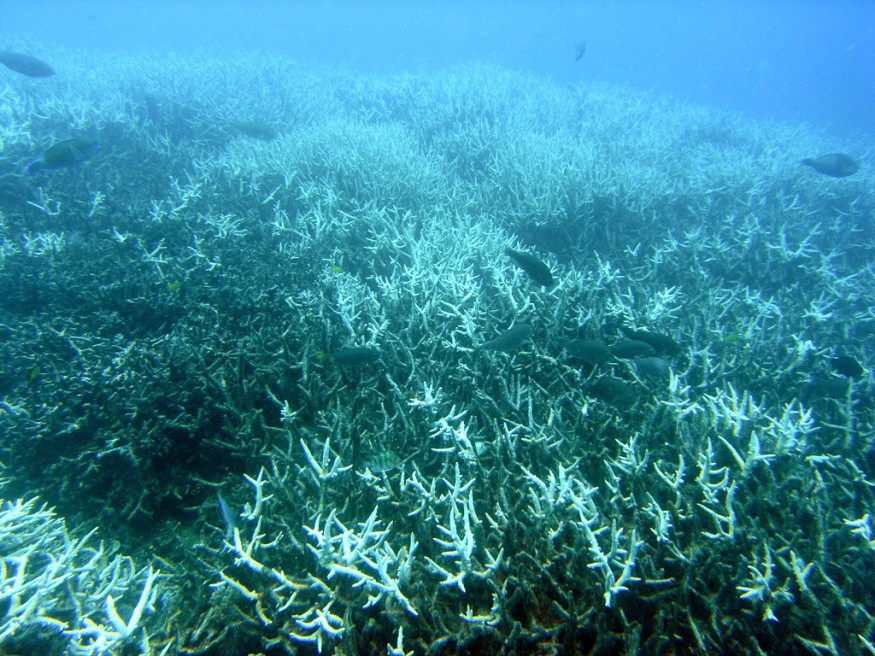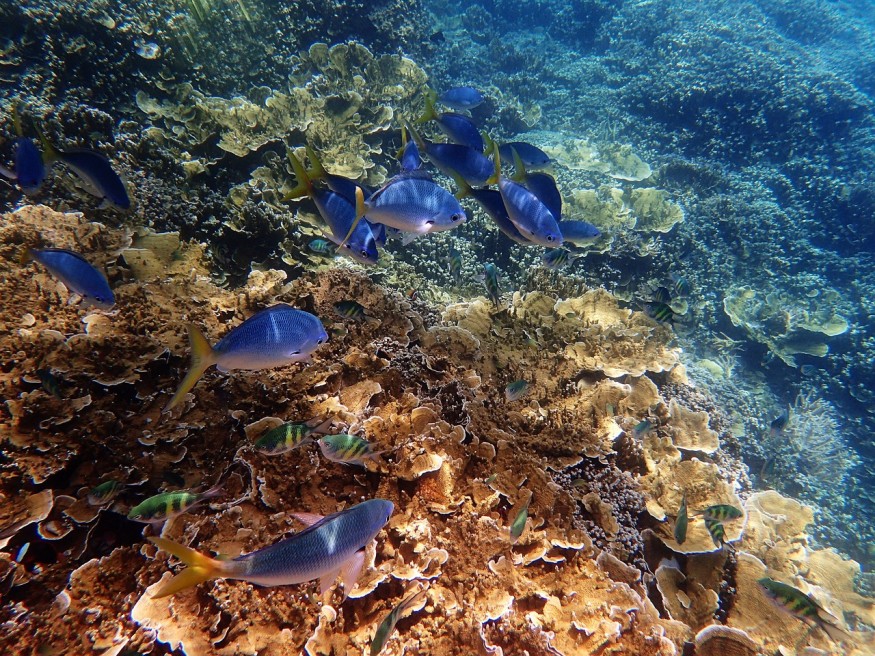According to a study, temperatures over the Great Barrier Reef in December were the highest on record, with "alarming" levels of heat that have put the ocean gem on the edge of another major bleaching of corals.

Reef Conservation Effort
The Morrison government announced on Friday that if it wins the next election, it will invest $1 billion in reef conservation over the next nine years, a pledge that some have interpreted as a cynical attempt to prevent the reef from being added to the world heritage "in danger" list at a meeting in July.
Most environmentalists and scientists applauded the promise, but many said the government needs to significantly increase its greenhouse gas emissions and stop funding fossil fuel projects.
According to an examination by experts at the National Oceanic and Atmospheric Administration (NOAA), heat stress over the corals reached a level "unique in the satellite record" for that time of year in the three months leading up to December 14th.
Intense Temperatures
Temperatures were so scorching, according to the data, that between mid-November and mid-December, low temperatures over more than 80% of the reef were greater than previous maximums.
When the research, which covered every year from 1985, was finished, Dr. William Skirving of Noaa's Coral Reef Watch stated his team was "surprised, horrified, and alarmed."
It's absolutely out of character, indicating that minimum temperatures were greater than maximum temperatures. This is probably likely an indicator of climate change.
The world's seas are becoming hotter as greenhouse gas emissions pile in the atmosphere, and experts predict that coral bleaching will grow more common in the short future, regardless of emissions.
Mass Bleaching Events

Five mass bleachings have occurred on the 2,300-kilometer reef, all caused by rising ocean temperatures induced by global warming in 1998, 2002, 2016, 2017, and 2020.
According to the Noaa research, the reef entered the summer with "more accumulated heat than ever before," according to the Noaa research, which was not peer-reviewed but was accepted to a scientific publication.
In mid-December, the average water temperature was at least 0.5 degrees Celsius warmer than it had been during any preceding summer when the reef bleached.
Heat stress is most prevalent in late February and early March.
The algae that reside within corals provide most of their food and color. However, if the temperature rises too high, the algae separate, leaving the animal white.
Can Corals Recover from Bleaching?
Corals can recover from minor bleaching, although they will be weaker, more prone to disease, and reproduce fewer in the years afterward.
"The impact is deemed small at this stage," said Dr. Mark Read, assistant director of reef preservation at the Great Barrier Reef Marine Park Authority. However, they observe circumstances constantly, noticing the heat building in the system.
Offshore reefs between Cooktown and Mackay and inshore reefs in Townsville have reported heat-stressed corals and some bleaching.
He said that weather conditions over the next couple of weeks would determine the danger of broad-scale coral bleaching in the Great Barrier Reef,
Read believes that extended periods of cloud cover, rainfall, and wind might all assist in lowering temperatures.
Related Article : How are Coral Reefs Adapting to Survive the Changes in the Climate
Weather Forecasts
According to Bureau of Meteorology meteorologist Shane Kennedy, monsoonal conditions might bring overcast and rain in the next week, although this could clear south of Cairns in the coming days.
Cloud cover, according to Associate Professor Tracy Ainsworth, a coral scientist at the University of New South Wales, might lessen the increased stress on corals caused by sunshine.
"It's unfortunate that we've arrived at a point where we're hoping for conditions that would reduce coral mortality."
Some corals on Magnetic Island, near Townsville, were bleaching, according to Prof Jodie Rummer, a Townsville-based marine researcher.
Reef Restoration

On Friday, Prime Minister Scott Morrison was in Cairns to announce money for initiatives addressing water quality, pollution, illegal fishing, and outbreaks of coral-eating starfish if his government is re-elected.
Monitoring reef health, habitat restoration, and scientific research into making corals and ecosystems more robust would be supported.
In July, the world heritage committee will determine whether or not to add the reef to its "in danger" list.
The designation was suggested by Unesco science experts last year, and the $1 billion promise comes just days before the government's deadline to submit a progress report to Unesco on February 1st.
Murdoch University's head of marine science, Associate Professor Mike Van Keulen, called the Coalition's vow "a disingenuous symbolic measure."
Experts claim that improving water conditions over the reef can increase the health of corals and give them a greater chance of surviving as temperatures rise, something conservation groups have long advocated for.
For more Environmental News, don't forget to follow Nature World News!
© 2025 NatureWorldNews.com All rights reserved. Do not reproduce without permission.





